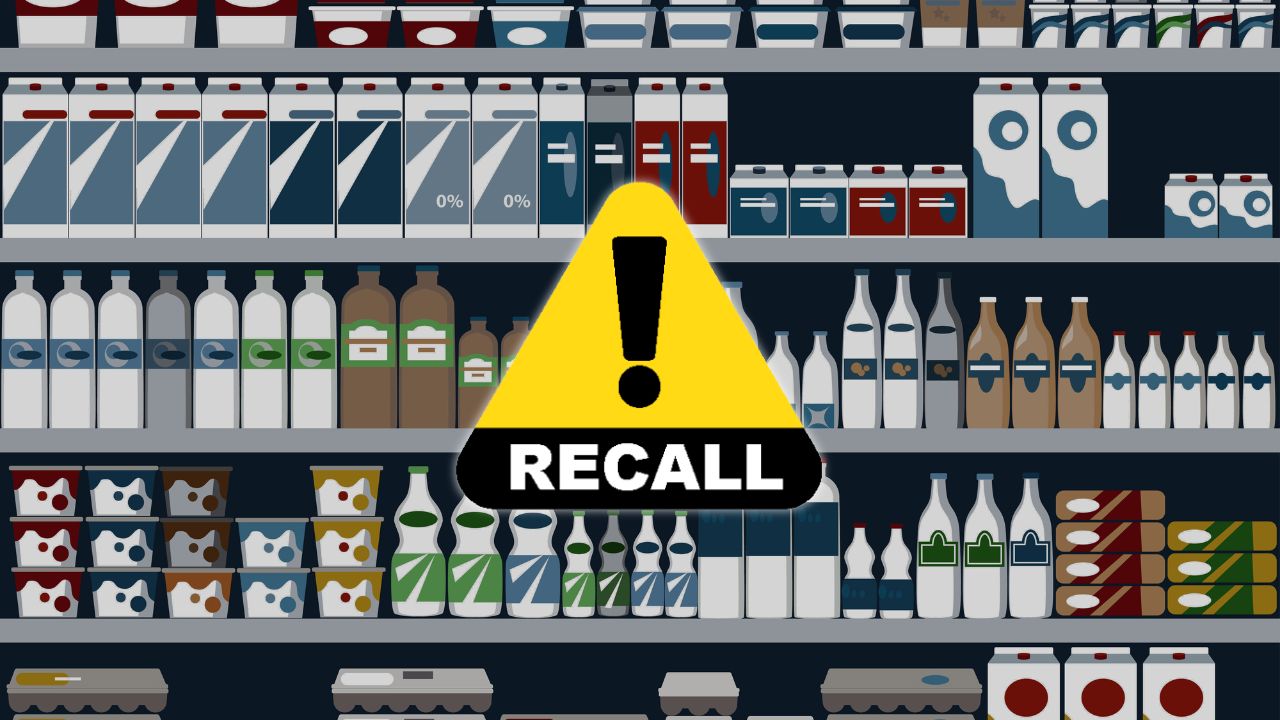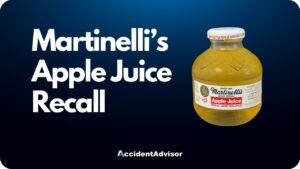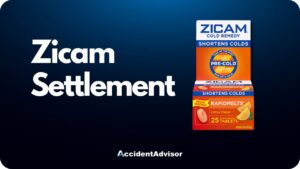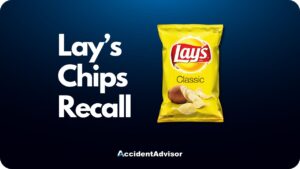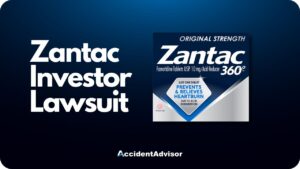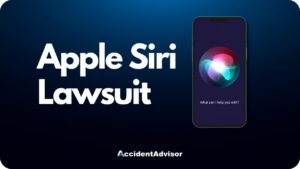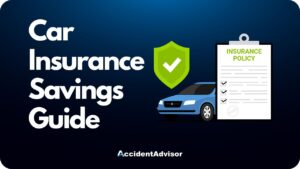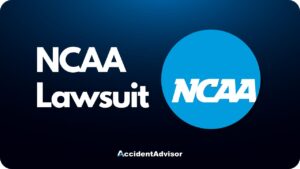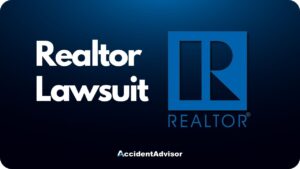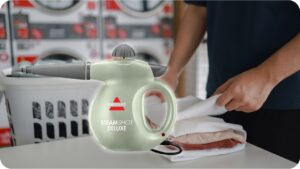Hundreds of product recalls occur every year when defective or falsely advertised products are discovered to have the potential to hurt consumers. Recalled products can come from any industry, including clothing, food, baby products, chemicals, medications, vehicles, and more.
Importantly, product recalls can happen at any level of the manufacturing and advertising chain. Therefore, it can be difficult to know how to file a successful personal injury lawsuit. Even the choice of the defendant you target in your case can make a difference in your ability to win compensation. Contact an attorney experienced in product recalls and personal injury cases to learn how to file a successful case if you or a loved one was injured by a defective product.
Table of Contents
Recent Product Recalls
IKEA USB Charger Recall
Bell Youth Bicycle Helmet Recall
Nordic Naturals Baby’s Vitamin D3 Recall
Husqvarna Grass Trimmer Recall
Char-Broil Electric Smoker Recall
Frigidaire Rear-Controlled Range Recall
Eye Ointment Recall
Skechers Jewelry Set Recall
Walmart Cashews Recall
Air Fryer Recall
Trader Joe’s Cashews Recall
Starbuck’s Mug Recall
3M Earmuff Recall
What is a Product Recall?
A product recall begins with an investigation by the manufacturer or the relevant regulatory commission to determine whether the product poses a risk to consumers or fails in its basic functions. The company that made the product can conduct its own investigation, but it must report a potentially dangerous defect as soon as it becomes aware of one to avoid potential lawsuits.
If a recall is warranted, the company may voluntarily recall the product rather than wait for a regulatory commission to force the issue. They will then usually begin the process of receiving returns and issuing refunds or replacements for the defective products, depending on the issue. Negative press surrounding product recalls makes customer relations more significant than ever. Thankfully, resources like the CPSC website compile information on the latest product recalls as well as provide points of contact to get in touch with specific companies.
Since products can be abused or misused by consumers, regulatory agencies must also decide whether the product or the customer is to blame for the questions of safety before an official recall is issued. Additionally, whether the defect is by design or from the manufacturing process makes a difference in determining how best to respond to the recall.
Who is Responsible for Product Recalls?
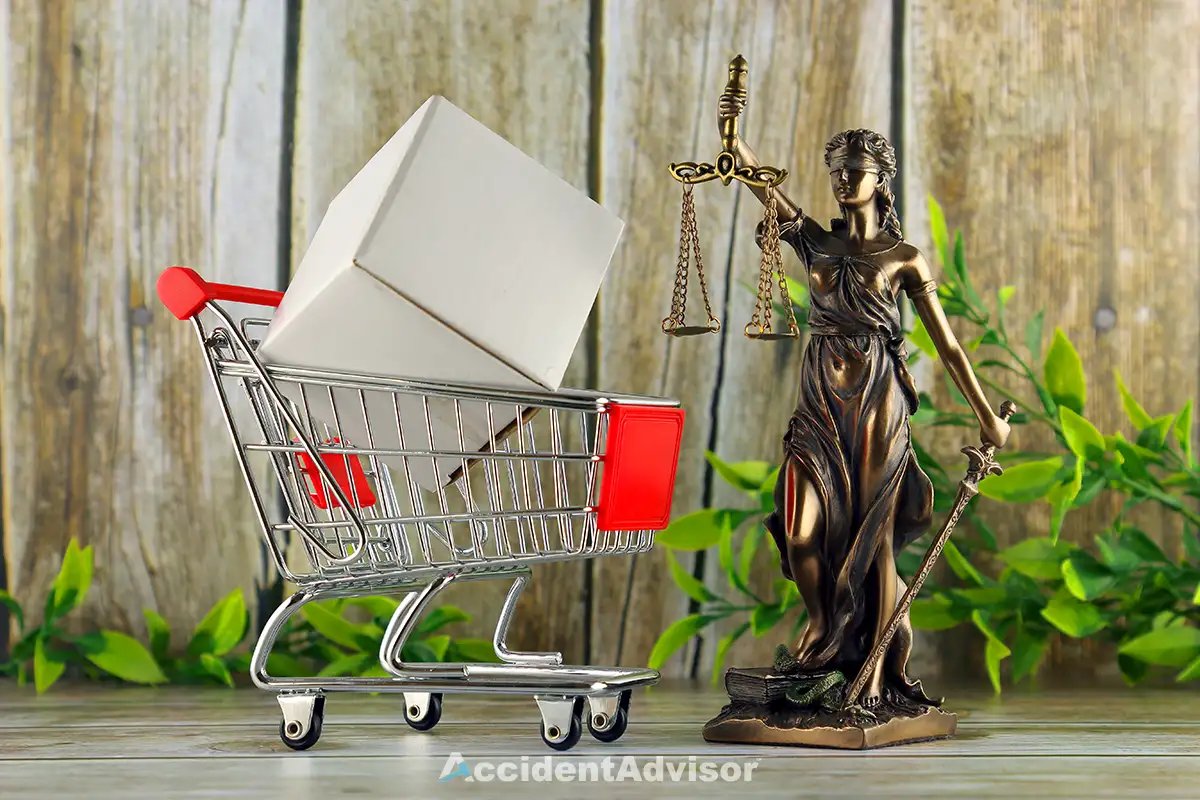
Product recalls may be issued voluntarily by the product’s manufacturer or involuntarily by the relevant industry commission, including the Food and Drug Administration (FDA), National Highway and Traffic Safety Administration (NHTSA), and Consumer Product Safety Commission (CPSC).
These organizations protect consumers from defective products by investigating potential defects and initiating the recall process if required. The goal is to prevent personal injury lawsuits, if possible, by recalling and refunding defective products before they cause any major injuries.
The commission responsible for each recall depends on the product type being investigated. Though their procedures for initiating recalls are similar, there are differences in how they identify and handle the recall process.
Food and Drug Administration (FDA)
The FDA handles recalls dealing with the safety, security, and effectiveness of products related to food, medications, cosmetics, medical devices, and more. This includes drugs intended for people as well as animals.
After the information submitted by the product’s manufacturer has been reviewed, the FDA assigns the product a recall classification and recommends how the firm should proceed. The FDA releases a weekly Enforcement Report in which they detail the relevant product recalls for that period.
FDA Recall Classes
There are multiple classes of recalls for products regulated by the FDA, including Class I, Class II, and Class III.
- Class I recalls are those in which the evidence points to a reasonable assumption that consumers will be hurt or even killed by the product.
- Class II recalls involve products that can cause temporary injuries or for which the probability of a serious injury is not high.
- Class III recalls deal with products that must be recalled due to a violation but do not pose any serious health risks.
In addition to these recalls, the company could start a “market withdrawal” of the product even if the FDA investigation does not necessitate an official recall. The FDA could also issue a safety alert for medical devices that can lead to one of the three classes of recalls.
National Highway and Traffic Safety Administration (NHTSA)
The NHTSA handles recalled products related to defects in vehicles and other driving-related safety devices. Products they cover include defective steering components, cracked wheels, engine parts, failed windshield wipers, faulty car jacks, faulty airbags, defective car seats, and any other critical vehicle component that could injure someone.
You can report a defect to the NHTSA through their website or the Vehicle Safety Hotline. Once contacted, they will forward the information to their technical staff to review its validity. If they feel an investigation is warranted, they will screen, analyze, investigate, and review the claim, potentially resulting in their Recall Management Division issuing a recall.
What is an NHTSA Safety-Related Defect?
According to the NHTSA, a safety-related defect is one that causes an unreasonable risk of crashing due to a part of the vehicle failing. Alternatively, if a crash occurs, a safety-related defect would cause an unreasonable risk of injury or death.
Common examples of safety-related defects include airbags that do not deploy or hurt the occupant, wheels that crack and break, or brakes that fail through normal use, all of which can cause a crash and result in serious injury or death.
Consumer Product Safety Commission (CPSC)
The CPSC covers most products that are not food, drugs, or vehicles, including toys, clothes, lawn equipment, and most other consumer products.
The CPSC requires that companies report relevant information about potentially defective products within 24 hours of receiving them. The CPSC then decides if the information is reputable and conducts its investigation into the product in tandem with the company.
CPSC Classifications
If the CPSC decides that a product warrants a recall, it will classify them as a Class A, Class B, or Class C Hazard, according to its handbook.
- Class A hazards refer to those that the CPSC deems very likely to cause serious injury or death.
- Class B hazards are either not likely to cause injury or death, though the possibility exists, or are likely to cause milder injuries.
- Class C hazards are those for which injuries of any degree are not likely but still possible.
Product Manufacturers
Product manufacturers may issue product recalls as well. They are generally required to communicate with the relevant agency about any information related to product safety within 24 hours to avoid legal ramifications. They may issue a voluntary recall to avoid the issue or wait to hear the agency’s decision before being legally obligated to follow their guidelines.
How are Products Recalled?
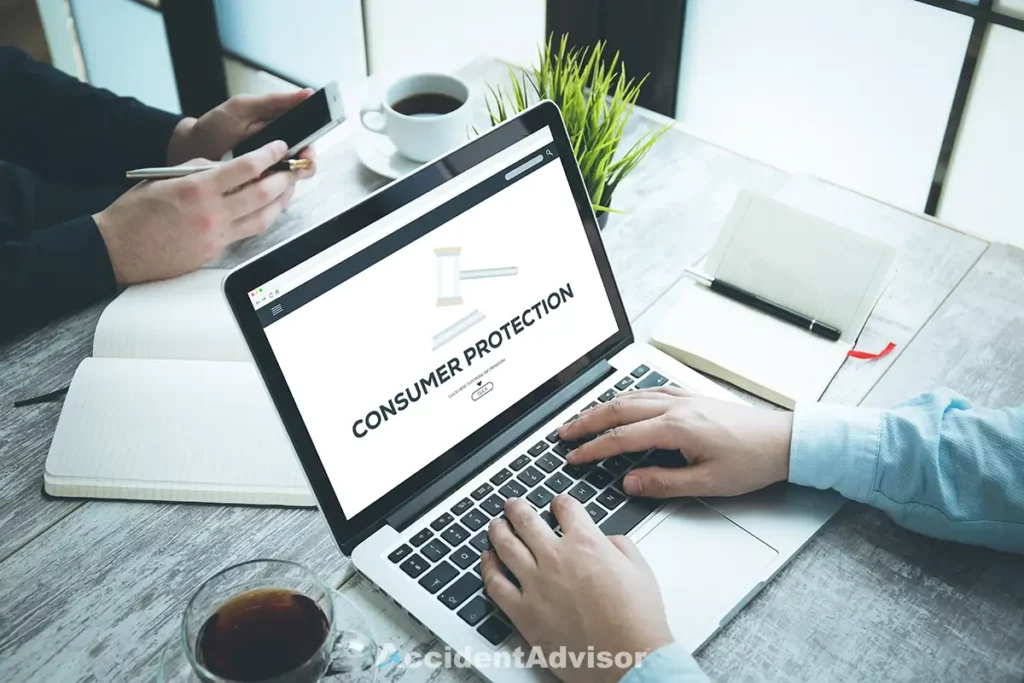
Products are recalled in stages, during which the company has certain legal responsibilities to notify the relevant agencies and the public of the status of their product and its safety.
- Direct notification refers to when the product manufacturer warns retailers that carry the product to recall it, including their wholesalers, during which they can also request that customers be informed about its safety status.
- Public notification refers to informing the public about the recall, usually either through social media or the company’s website.
- Media coverage is not always required but refers to when the company, the regulatory agency, the stores, or even news outlets will alert the public directly about the product.
What Happens to a Business if a Commission Recalls a Product?
When a commission recalls a product, the company responsible shoulders the burden of returning, replacing, fixing, or reimbursing them. Monetary losses can include not only refunds but also falling stock prices, the costs of communicating with the public, shipping and disposal costs, and legal fees if any injury cases make it to court.
This is why product recall insurance exists. It provides companies with an avenue for reimbursement if any of their products are recalled. Most policies are only invoked if a product was proven to cause a potentially serious risk to consumers, which can easily bankrupt a business if they do not have any insurance.
What to Do If You’ve Purchased a Recalled Product?
If you have purchased a recalled product, the company likely has set up avenues for returning, refunding, or exchanging the product. In some cases, they may even offer fixes for less serious issues, so you don’t have to go through the hassle of the return process.
The relevant agency has likely compiled information on the current recalls, including contact information for the company’s guest relations desk. The CPSC, for instance, has a whole search engine devoted to helping you contact the right people to return your defective product.
Remember to save the product and your proof of purchase, which some companies require before issuing a refund.
What to Do If You’ve Been Injured by a Defective Product?
If you have been injured by a defective product, you need to assemble the right evidence to make a personal injury case. Firstly, you should seek immediate medical attention for the injury so that it can be clearly documented. You should keep the defective product and photograph the injuries it caused, as well as keep your proof of purchase.
If you plan on filing a personal injury lawsuit, refrain from talking about the injury on social media as this can hurt your chances of receiving a settlement. Most importantly, you should discuss the possibility of a personal injury lawsuit with an attorney experienced with defective product cases.
The process of filing within the statute of limitations for your state can be complicated. A lawyer will know the documents and evidence you need, the things you should and shouldn’t say, and the timeline for filing a successful case.
Conclusion
Product recalls are happening at an increasing rate due in part to stricter rules laid down by the main regulatory commissions, the FDA, CPSC, and NHTSA. After an investigation into the product’s potential to cause death or injury by the relevant commission, the company responsible may be required to issue a recall or may do so at any time voluntarily to avoid further ramifications.
If you or a loved one was injured by a defective product, contact an attorney experienced in personal injury cases related to defective products so that you have the best chance of receiving the compensation you deserve for injuries that never should have happened.

Rocky Horton
Author
Rocky Horton is a health and safety expert from Chapel Hill, NC. He is the founder of AccidentAdvisor and has been featured in Forbes, Bloomberg, and other publications. Learn more.

